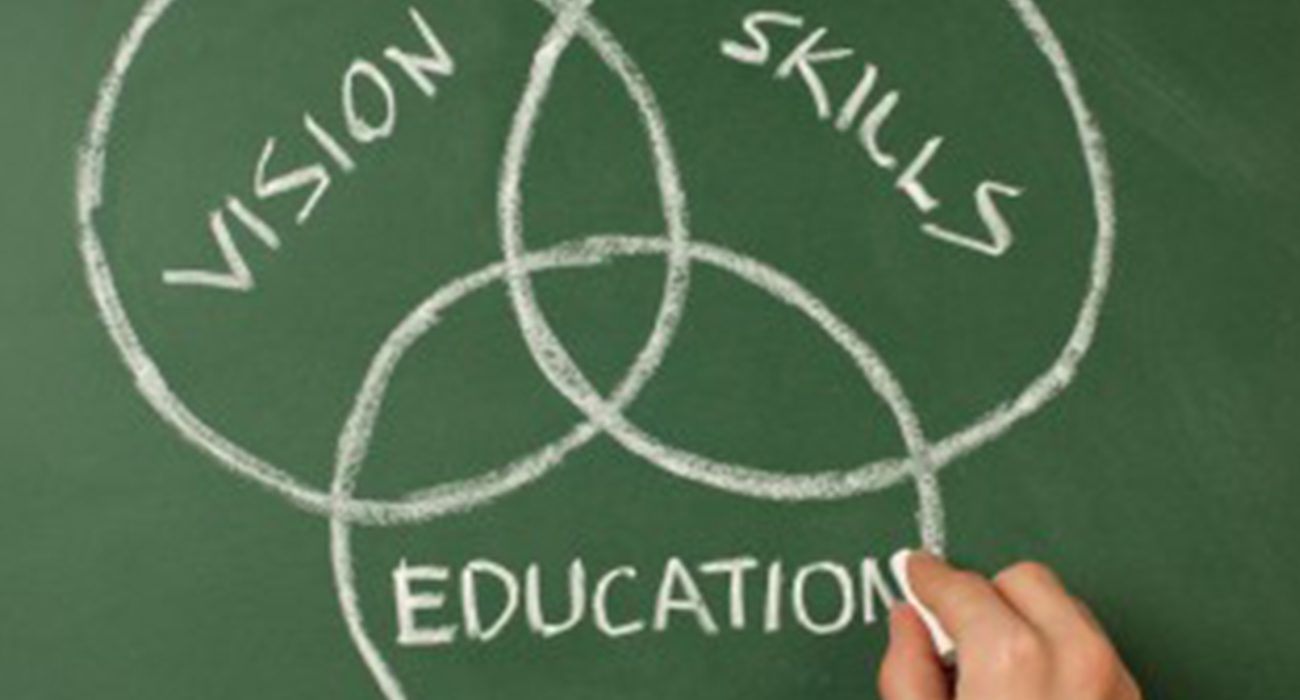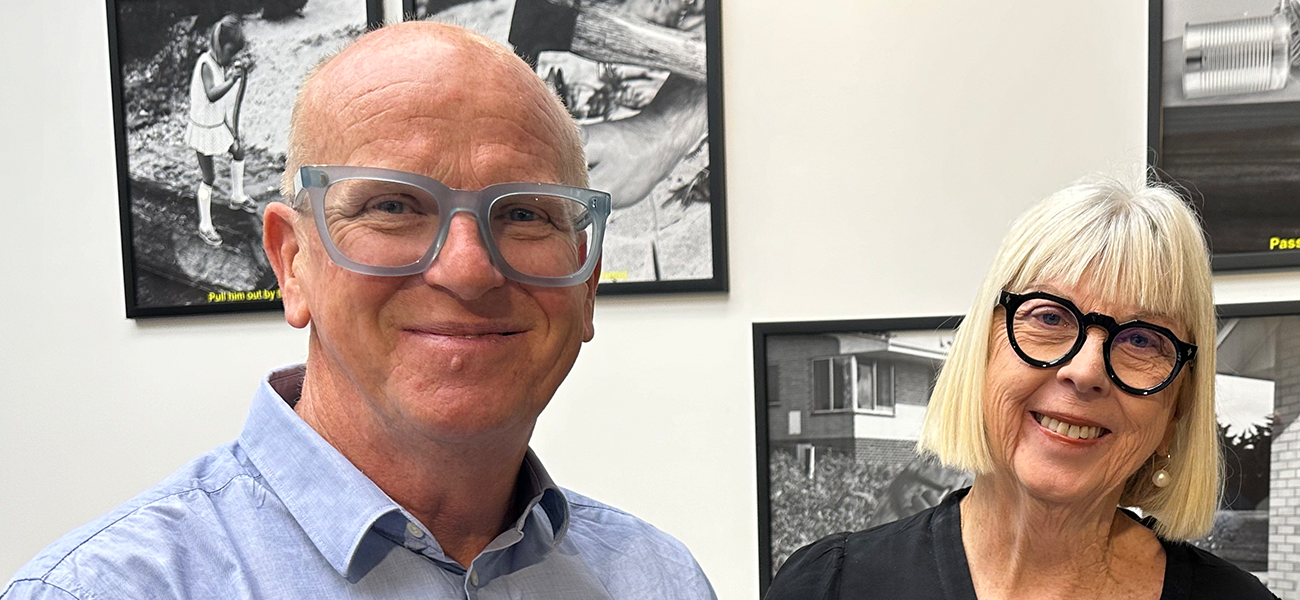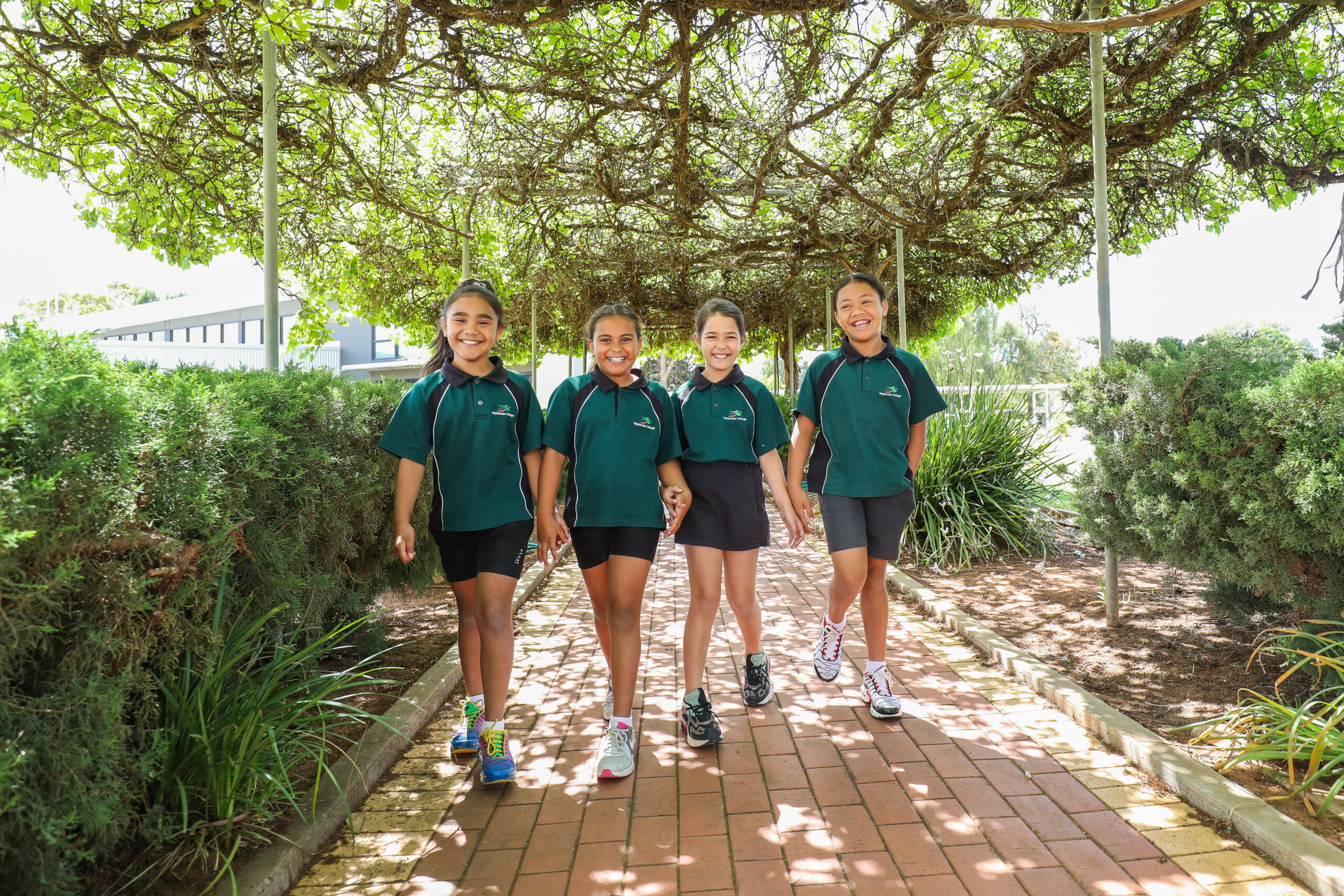“Soft skills” and “hard skills” are then separated into a false binary that has come to dominate education policy throughout the English-speaking world. This dichotomy is not supported by research in cognitive, behavioural or neural sciences, but is driven rather by political expediency.
Under the terms of this spurious paradigm, sounding out “c-a-t” is regarded as a hard skill, while analysing the causes and effects of a conflict would be considered a “soft skill”. Counting out loud is hard; negotiating a complex field of human and environmental relationships is soft. From this point of view, it might seem obvious that understanding zero as a place value marker requires a different part of the brain than what we use to stop ourselves from punching little Johnny in the face. But unfortunately, what seems like common sense is not aligned with the measurable realities of cognition at all.
In fact, the processing of contradictory information happens in the same part of the brain (pre-frontal cortex), whether you call that information hard or soft or otherwise. For example, contradiction occurs when zero means nothing and then suddenly it means something if there’s a two in front of it; this also occurs when little Johnny rips your dolly’s head off and the rules say you can’t return the favour. A learner deals with all this conflicting information in the same part of the brain, no matter what some distant curriculum designer has to say about hard and soft skills.
As I write this, I’m working with the so-called hard skills of grammar, at the same time as I work with the supposedly soft skills of figuring out how the hell we painted ourselves into this ideological corner in the first place. It doesn’t feel very soft to me. I have to figure out the exact words to convince a whole heap of people I never met that this false division is a ridiculous proposition that is poisoning the minds and futures of our young people. I have to make a relationship with these people, without actually meeting them – I have to connect with them in some way (possibly by sharing my intimate inner processes?). At the same time I’m looking back two sentences and worrying that I’ve said “that” twice, while wondering if I might substitute one of them for “which”…
Beneath it all is an awareness that this complex process is a combination of many interwoven strands and simultaneous actions, that effective writing is a multidisciplinary science that requires far more than just knowledge of grammar and spelling (and bloody big words). These skills overlap not just within the discipline of writing, but also cognitively, within the brain itself. The arbitrary separation of skills into hard and soft does not suit genuine learning needs – it only suits political needs. Writing, and the learning of effective writing, requires a holistic approach that includes both basic coding skills and complex thinking, not just one or the other depending on your ideology.
“Multi-literacies” is a good example of a recent approach that sought a return to the holistic cognition required for the discipline of effective communication. Unfortunately it was one of many casualties in the culture wars (a series of battles between progressives and neo-conservatives, largely fought in the same place we store our children five days a week). When the smoke cleared, multi-literacies was soon replaced with a similarly worded but very different program called “Multilit”, which is a basic phonics and spelling program. (You may also notice this plundering and rebadging of progressive terminology and buzz words elsewhere in education – e.g. “Choices”, “partnerships”, “aspiration”.) [Perhaps this site is reclaiming the word “choices”?]
Basically it all boils down to this – if your political agenda is all about victim-blaming, user pays, back to basics, and improved test scores, then the separation of knowledge into hard and soft skills is for you. Once these are divided, then it is easy enough for you to remove one of them entirely – perhaps the one that fosters interdependence, critical thought, analytical skills, social stability and empowered communities. If this is not your agenda, then you need to seriously reconsider your choice of career.
Either that, or consider fighting for the reunification of the western mind. The hard and soft dichotomy is not a valid way to categorise human cognitive skills. The only valid way to do this is along the lines of deep knowledge and shallow knowledge; higher order thinking and lower order thinking; information and knowledge. The fragmented consciousness we have been trained to accept is not adequate to the task of solving the problems that will be facing us in the near future, so we need to to go high, deep and complex with our cognitive skills and we need to do it soon.
 From Guest Blogger – Dr Tyson Yunkaporta | The Aspiration Initiative Aboriginal Education Specialist
From Guest Blogger – Dr Tyson Yunkaporta | The Aspiration Initiative Aboriginal Education Specialist
Tyson Kaawoppa Yunkaporta is a Bama of Nunga and Koori descent with cultural ties to Mardi mobs in Western NSW. With an accomplished career in both mainstream and Aboriginal community contexts, Tyson has worked in K-12 classrooms, as a university lecturer, as a senior executive officer in the Department of Education and as an Aboriginal pedagogy mentor. In 2009, Tyson completed his PhD in Education at James Cook University, where he was awarded the medal for excellence with his thesis titled “Aboriginal Pedagogies at the Cultural Interface.” As The Aspiration Initiative’s (TAI) Aboriginal Education Specialist, Tyson works on the overall development and structure of TAI’s pedagogy and curriculum. On camps, he takes on key roles in teaching and cultural facilitation, with both students and teachers. He continues to play a fundamental role in community relationship building and consultation.



